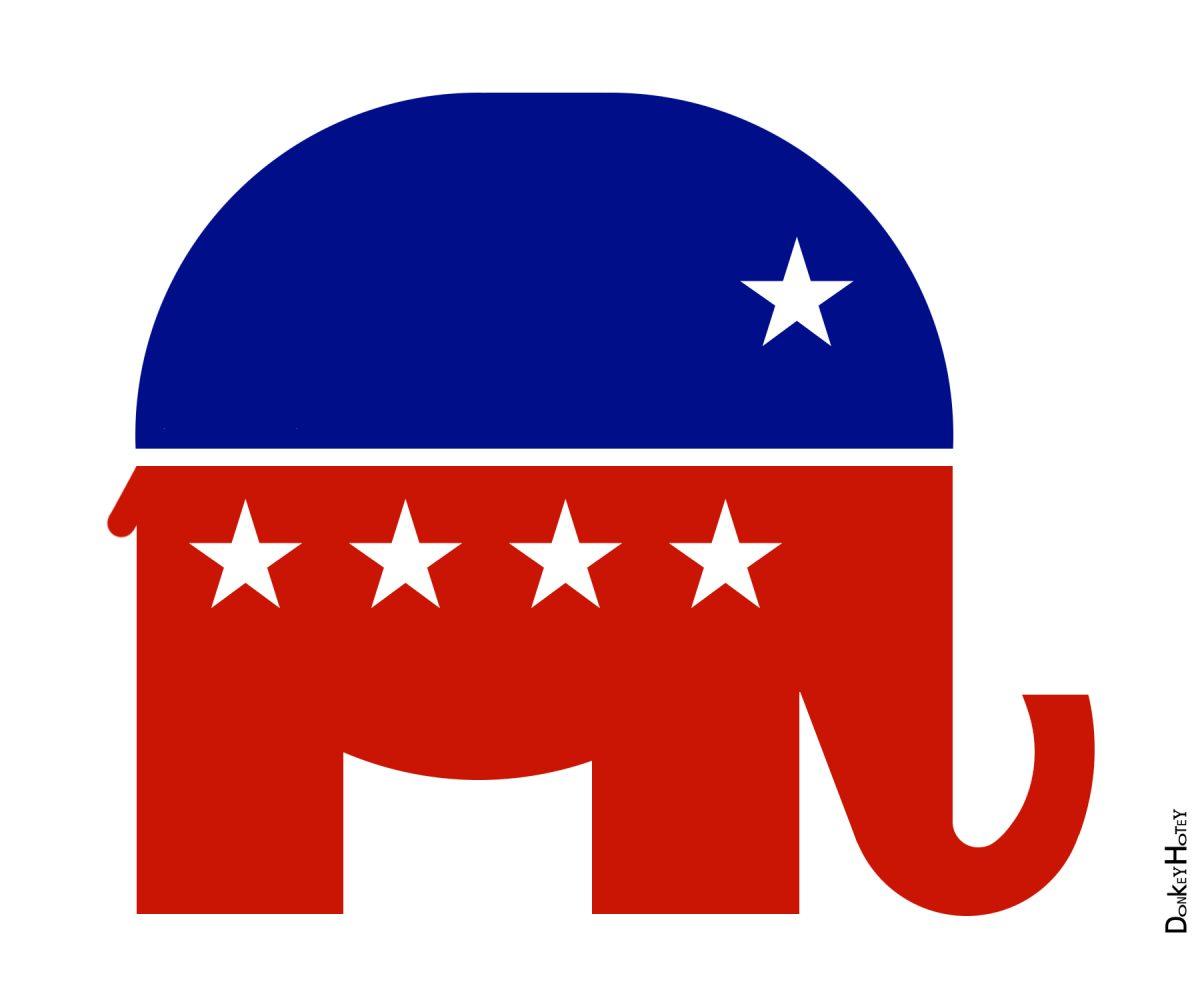“It must be hard being a conservative at Wellesley,” Senator Marco Rubio said, during the brief chat I had with him at a town hall in New Hampshire. Rubio was more or less correct — Wellesley conservatives and Republicans face a challenging campus atmosphere arising from potentially unintended outright dismissals of our credibility, such as getting labeled as ‘bigots’ or ‘racists’ and perpetuated misunderstandings of conservative ideas and principles (our economic policies only favor the rich). Add on our inherently small numbers and the liberal slant found on the majority of college campuses, the combination of such factors results in many conservatives to feel, at best, a bit lonesome with their politics, and at worst, compelled to reduce or mask their conservatism entirely.
Personally, I came into Wellesley expecting most of this, having heard via word-of-mouth and reading online comments of what it is like being a conservative on campus. As such, it was not a surprise when I got a few hostilities at random (i.e. ‘classist’, ‘racist’) and exchanges clouded with confirmation bias. As for my older conservative friends, many have received more of such negativities: for instance, a few recall being openly sneered at in the hallways, seeing their doors vandalized, and receiving offensive comments online (e.g. ‘go back to rural Mississippi where you belong’) during the 2012 presidential election. In addition, some find themselves relegated to as the lone “conservative viewpoint” in the classroom and thus the sole receiving-end of questions that have been unpleasantly subjective and personal at times.
Such experiences and the resulting pressure deter many Wellesley conservatives from expressing their conservative political beliefs. Examples of such retraction include refraining from providing a conservative view in discussions and refusing to post content online that would reveal one’s political affiliation. Everyone has the right to keep their politics private, but when such privacy takes the form of self-censorship for fear of social reaction, it is disheartening. Such concealment is detrimental not only to campus conservatives, but also to the campus community for its commitment to expanding political, social, and intellectual diversity.
Even with these difficulties, however, Wellesley conservatives have positive experiences on campus as well. For instance, many of my conservative friends and I have been engaged in friendly, elucidative discussions with classmates, professors, and other acquaintances over political matters. These happen inside the classroom, outside in the hallways, in our rooms, on the Peter Pan bus, or even in the dining hall. We hold debate-watch parties in which we support, mock, and question our candidates on good terms. We invite conservative or Republican speakers they are received by fellow students well — for the most part.
In these activities, has there sometimes been tension, or perhaps a heated atmosphere? Certainly. In fact, the discussions that we conservatives have amongst ourselves on the various issues at hand can be just as dynamic, too! Thus from my own experiences so far, most conversations, if handled correctly, do not escalate into mudslinging. Above all, if there is one positive note I have to highlight, it would be the unexpected contact I have with conservatives who come forward (via email or privately in-person) after seeing one of us hold out for their beliefs or spearheading a support group for their preferred candidate. Truly, the mission of making Wellesley as politically diverse and inclusive as possible is as much of a responsibility for non-conservatives as it is for conservatives.
From all this, I have learned to gradually dismiss the negativity and look at every gain — be it a good conversation or discovering another campus conservative — as a victory, big or small. This is why I am thankful for the College Republicans’ “Ask Me Anything” open meeting and endeavors to participate in bipartisan initiatives launched by CPLA.
This is why I think student-led, faculty-supported reinforcement of civil discourse on campus is crucial to Wellesley’s wealth of information, beliefs, identities and ideas. This is why we ask not for the campus’ approbation of conservatism, but rather an openness to its presence, expression and cultivation by free will. Yes, it can feel lonely, tiring, and burdensome to be ‘the Elephant in the Room’, but it is ultimately motivating to be the agent of change and purveyor of information. This is a reality and a responsibility that I cherish, and I am confident that many Wellesley conservatives would agree.





Anonymous conservative | Apr 30, 2016 at 1:51 am
Great article! Very relatable